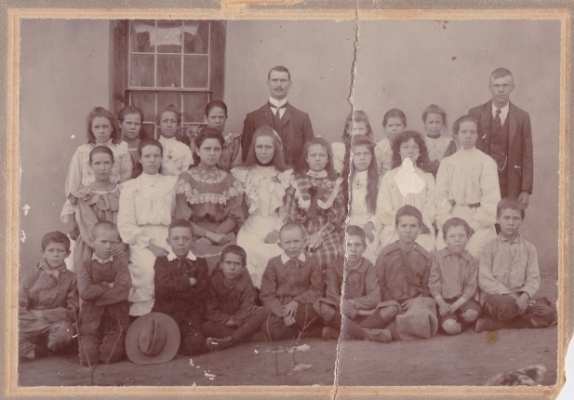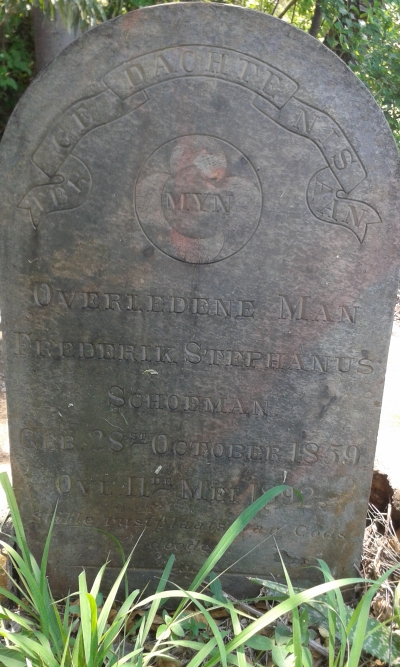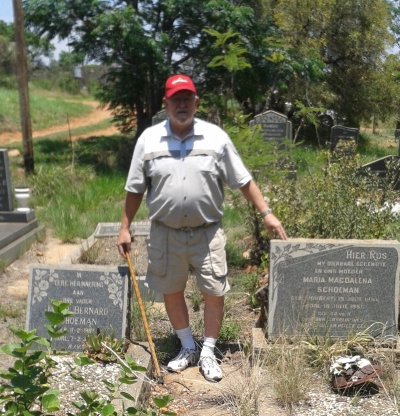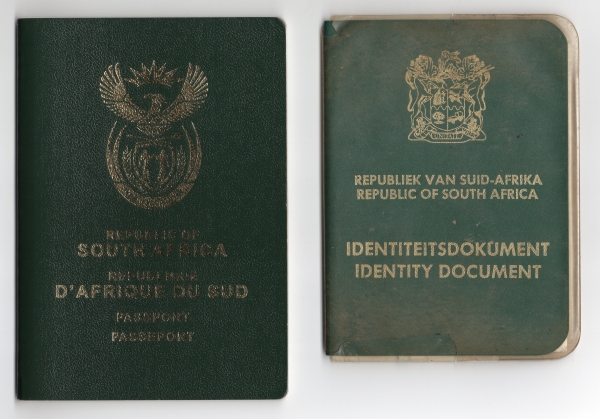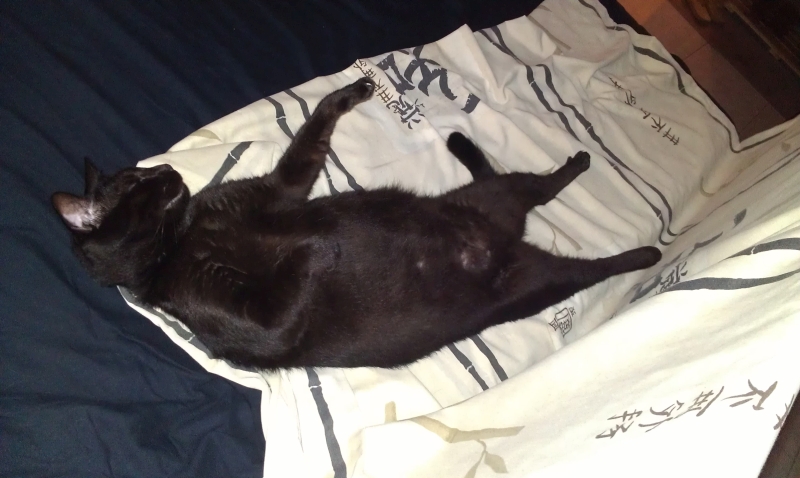FRIDAY, 19 MAY 2017
Johnny asks his father why they are Western Province supporters, while uncle Sam and his sons support the Blue Bulls.
Johnny’s father replies: “Because Western Province is the best team in the country.”
“Then why doesn’t uncle Sam also support Western Province?” Johnny enquires.
“Because,” Johnny’s father answers with a smile, “they think the Blue Bulls are the best team in the country.”
Then Johnny’s father sees the frown on his son’s forehead. “Uncle Sam supports the Blue Bulls,” he adds, “because they live in Pretoria, and the Blue Bulls are the local team. But we know Western Province is actually the best team in the country. That’s why we support them.”
* * *
My parents made a critical mistake when they raised me. In what can certainly be seen as proof that they are honest people who sincerely believed what they had been taught, they indoctrinated me with the conviction that I had to swear loyalty to the Christian religion, not only because it was the dominant local religion but because they saw it as the truth.
As I learned more about the history of the Christian religion and the historical development of theological ideas, it became increasingly clear that the Christian religion was a human creation. I also found it increasingly difficult to see it as something other than “our” religion, which is “true” because we believe in it. Discouragement to investigate any further also seemed very suspicious to me. Why was I not supposed to read more on the subject? Why was it bad to think about it? Why did I have to be wary of “smart academics”?
My parents, who still believe in things that make sense to them and that make life bearable to them, instilled in me the desire to follow the truth – little knowing where it would lead.
* * *
I write that my parents indoctrinated me with the Christian religion. This is a controversial word choice. Indoctrination is seen as something that totalitarian states do with the populations under their control, or something that cult leaders do with their followers.
But is that not what many parents also do? They expose their children to particular political affiliations and religious beliefs since before they are old enough to understand. And sometimes one set of cultural values, as well as specific political affiliations and religious beliefs, are not only promoted at the expense of other values, affiliations and beliefs, alternatives are often severely criticised, and any positive views of them actively discouraged.
I do not doubt that most parents have good intentions in how they raise their children, but if something looks like indoctrination, sounds like indoctrination, and produces the result that usually comes from indoctrination, I think it is not disrespectful to call it indoctrination.
———–
By the way, here is what Wikipedia says on the subject: “Indoctrination is the process of inculcating a person with ideas, attitudes, cognitive strategies or professional methodologies. Humans are a social animal inescapably shaped by cultural context, and thus some degree of indoctrination is implicit in the parent-child relationship, and has an essential function in forming stable communities of shared values.”
______________________
